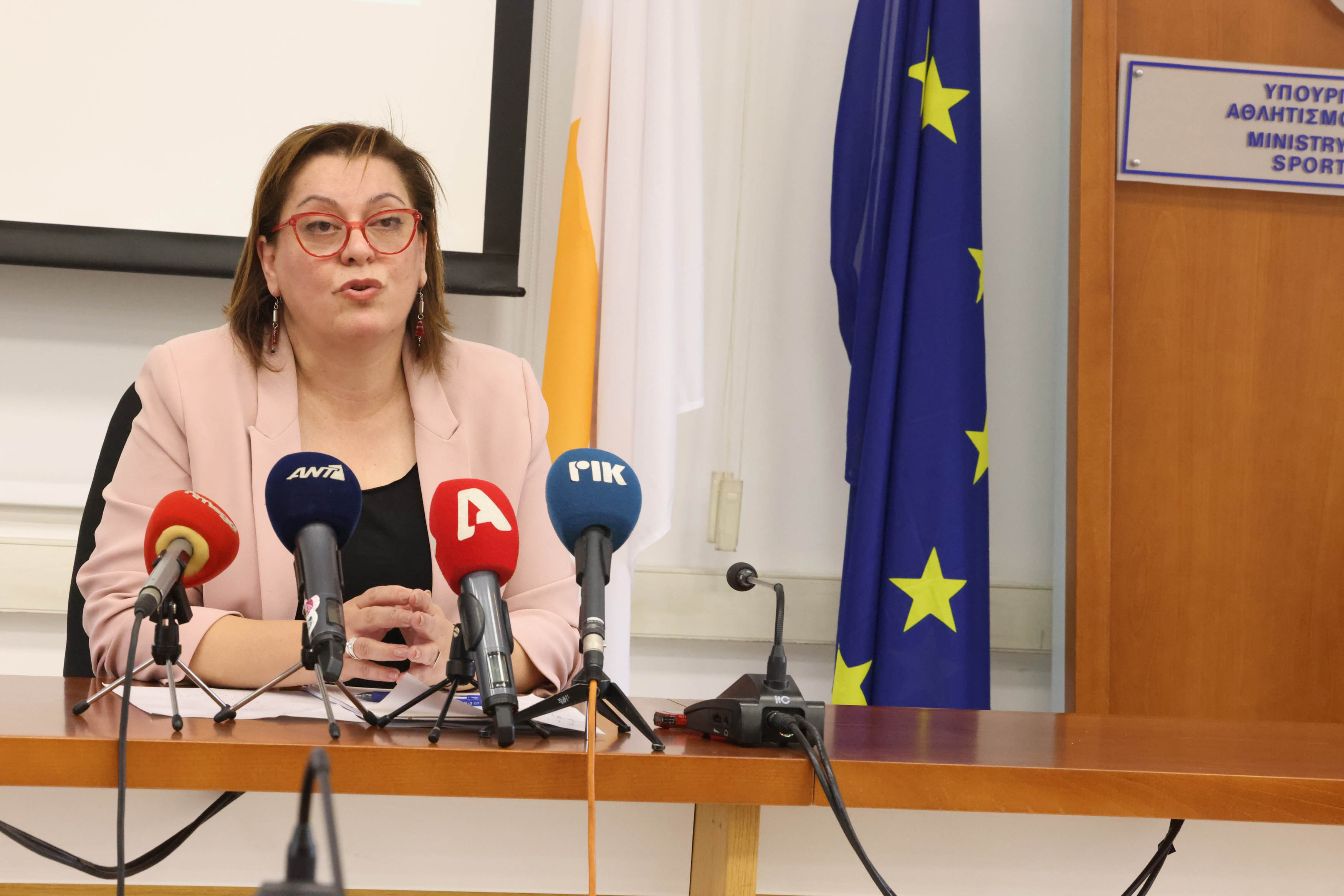One of the key adjectives the president and his ministers routinely use to describe their policies is ‘anthropocentric’, or human-centred. It is one of those words, loved by the current government, because it is vague and general, sounds important and nobody will question it. It has been used to describe the government’s economic, education, health and labour policies, although it has always been difficult to pinpoint how these policies live up to the anthropocentric label.
This label was first introduced into politics by the communists of Akel, many years ago, to emphasise the party’s concern with people’s welfare, which they claimed did not reflect the positive economic stats that government was citing – numbers were good but people’s welfare was not was the usual line. The co-op credit organisations were also praised for being anthropocentric – described as banking with a human face – by politicians of all ideologies, before they were declared bankrupt in 2013 and needed to be bailed out by the state.
On Monday the education minister, Dr Athina Michaelidou, at the opening of a primary school and a kindergarten in Larnaca spoke about anthropocentric schools. Her ministry’s ultimate goal was “the creation of a modern, anthropocentric, inclusive school, which would shape citizens with skills, responsibility, democratic ethos, historic identity and respect for diversity, citizens who would be able to face the challenges of the future and would contribute creatively to the development of society.”
Lofty goals, but were schools for the last 60 years not anthropocentric? Were they serving the machine? Dr Michaelidou would have been more convincing if she said schools would become more student-centric, because for the last 30 or 40 years they have been openly teacher-centric – designed to make life as easy as possible for teachers. Powerful teaching unions and weak politicians ensured public schools put the interests of their members first, while the students’ interests became an afterthought. They were anthropocentric, but the people at the centre were not the children, but the teachers.
This is why the criminal waiting-list system of appointments has been in place for decades, graduates were made teachers without any teacher-training, teachers are never evaluated for their work, a private lesson industry developed in which public school teachers supplemented their income, teaching hours were reduced with years of service and multiple head teacher roles were set up. And when the ministry decided to introduce twice-yearly exams the teaching unions were up in arms because this meant extra work, and the current government scrapped them.
Instead of regaling us with these ‘anthropocentric’ platitudes, the education minister would do well to look at how she would get public school teachers to provide a better service than they are currently providing. If she succeeds in putting students at the centre of public education planning, instead of the teachers, she would really contribute to the upgrading of our schools.






Click here to change your cookie preferences